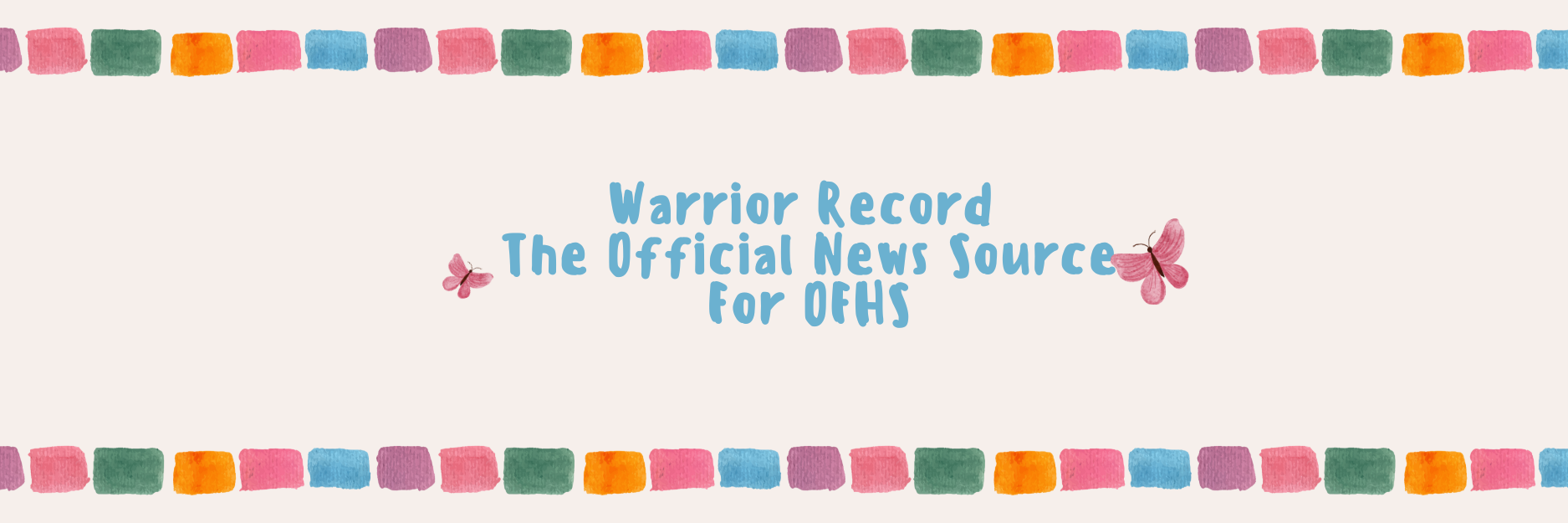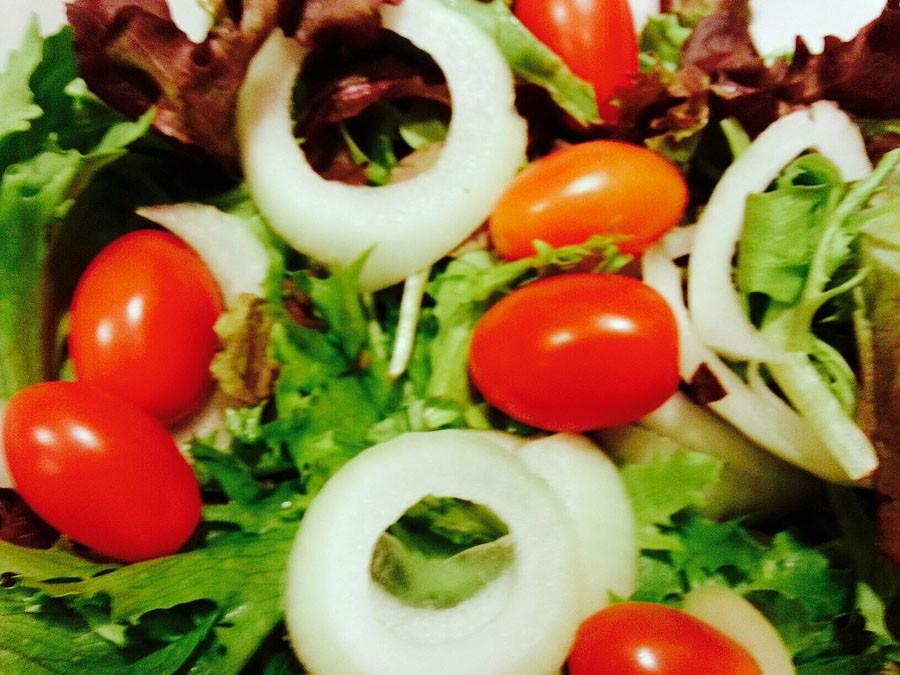Vegan Warriors do it for health
For about a year, Lauren McRae, 11th grade, has been a vegetarian. However, this school year, she decided to go one step farther. “At first, I started being vegetarian because of the animals. But later, I figured out the health benefits,” she stated. Veganism and vegetarianism are often confused.
To clear it up, vegetarians do not eat meat, fish, or poultry. Vegans, in addition to being vegetarian, do not use animal products and by-products like eggs, honey, leather, silk, cosmetics that are derived from animals, fur, wool, or dairy products.
When Lauren started the new lifestyle, she said she noticed a difference. “I was more energetic and healthier.”
Brown University researchers say that the vegetarian lifestyle can lower the risk for developing heart disease, obesity, high blood pressure, ovarian cancer, breast cancer, and colorectal cancer.
Although being vegetarian/vegan may lower risks of disease, some vegetarians may be deficient in iron, vitamin D, calcium, zinc, and riboflavin.
In addition, without the right decision of food, vegetarian diets that rely on refined grains, sweets, sugar-sweetened beverages, and solid fats can just be as unhealthy as diets that include meat. For example, French fries, doughnuts, and snack cakes, are vegetarian, but they can contain dangerous trans-fat.
One teacher said she does for her health also. “Being a vegetarian isn’t hard. It’s a lifestyle. I became a vegetarian because of health reasons. My side of the family has been known for cardiovascular problems,” said Mrs. Lennon, AP Human Geography teacher.
Your donation will support the student journalists of Osceola Fundamental High School. Your contribution will allow us to purchase equipment and cover our annual website hosting costs.


